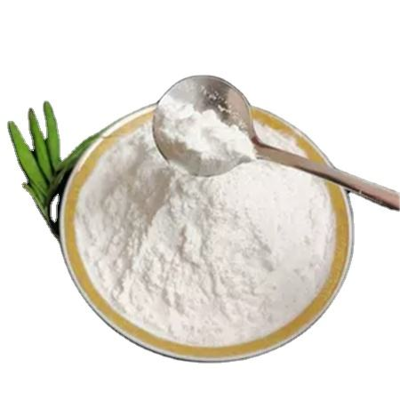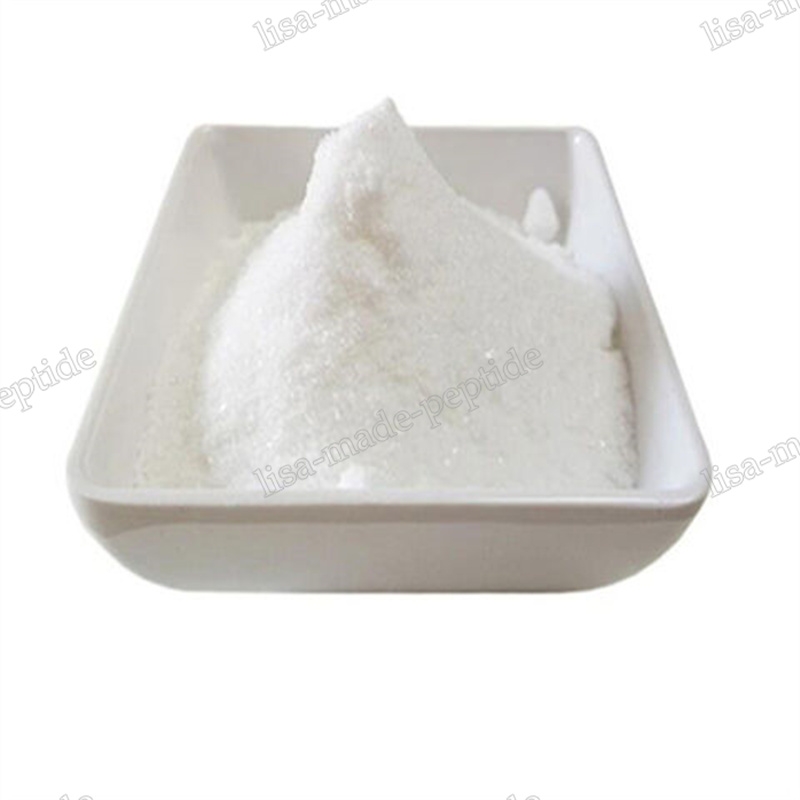-
Categories
-
Pharmaceutical Intermediates
-
Active Pharmaceutical Ingredients
-
Food Additives
- Industrial Coatings
- Agrochemicals
- Dyes and Pigments
- Surfactant
- Flavors and Fragrances
- Chemical Reagents
- Catalyst and Auxiliary
- Natural Products
- Inorganic Chemistry
-
Organic Chemistry
-
Biochemical Engineering
- Analytical Chemistry
-
Cosmetic Ingredient
- Water Treatment Chemical
-
Pharmaceutical Intermediates
Promotion
ECHEMI Mall
Wholesale
Weekly Price
Exhibition
News
-
Trade Service
The RCEP (Regional Comprehensive Economic Partnership) agreement came into effect on January 1 this year, and temporarily involves 6 ASEAN members (Brunei, Cambodia, Laos, Singapore, Thailand, Vietnam) and 4 non-ASEAN members (China).
According to the analysis of the Marketing Research Institute of Sinopec Economic and Technological Research Institute, in the short term, there are more than 100 tax items of plastics, rubber and their products whose tariffs have been reduced from the original base tax rate to zero this year.
In the short term, the import volume of rubber and plastic products with RCEP tariffs reduced to zero in 2022 will only account for 1.
According to the statistics of the tariff commitment table to China, if the import volume of plastics, rubber and their products in China in 2021 is calculated, the import volume of products whose tariffs will be reduced to zero in 2022 under the RCEP agreement will be about 700,000 tons, and the import value will be 2 billion US dollars, which probably accounts for China's plastics.
According to the calculation of the export volume of plastics, rubber and their products in 2021, the export volume of products with tariff reduction to zero under the RCEP agreement in 2022 is about 560,000 tons, and the export value is 2 billion US dollars, accounting for about 1.
◆In the long run, the implementation of RCEP will have a greater impact on my country's imports of plastics, rubber and their products, or will force industrial upgrading
From the perspective of imports, ASEAN member countries, South Korea and Japan are the major import sources of plastics, rubber and their products in China
From the perspective of exports, from January to October 2021, the export volume of China's plastics and rubber products was 41.
Although RCEP has a positive impact on the import and export trade of products in the petrochemical industry, in general, for the member states of the RCEP agreement, China's imports of plastics, rubber and their products are far greater than their exports, and China's imports of plastics and rubber from ASEAN, Japan, and South Korea are The proportion of other tax-deducted commodities is relatively large, and the RCEP is more likely to promote imports
At present, there are still many high-end fine chemicals and new chemical materials in China that rely on imported resources, such as EVOH resin, EVA photovoltaic resin, metallocene polyolefin, POE resin, solution-polymerized styrene-butadiene rubber and hydrogenated nitrile rubber, etc.
It is also the main source of imports of high-end chemical materials in China
.
The signing of RCEP, on the one hand, will help domestic downstream enterprises to reduce procurement costs, but on the other hand, the output of domestic rubber and plastic products, especially upstream raw materials, will be restrained to a certain extent, and manufacturers will face greater competitive pressure.
Or force the industry to upgrade
.
China's local enterprises should speed up industrial transformation and upgrading, improve the production technology and production capacity of high-tech additional products, and reduce external dependence; in high-end packaging, high-end coatings, high-end electronic appliances, auto parts and other downstream high-end application fields as soon as possible to achieve localization substitution; Focusing on products that RCEP member countries have reduced tariffs to China, based on external development, cultivate new growth points for exports, increase the diversification of China's high-end chemical products, enhance the ability to earn foreign exchange from exports, and reduce the impact of trade deficits on China's rubber and plastics market
.
(Author: Yuan Xueling, Sinopec Group Economic and Technological Research Institute Co.
, Ltd.
, etc.
)
From: Sinopec News







